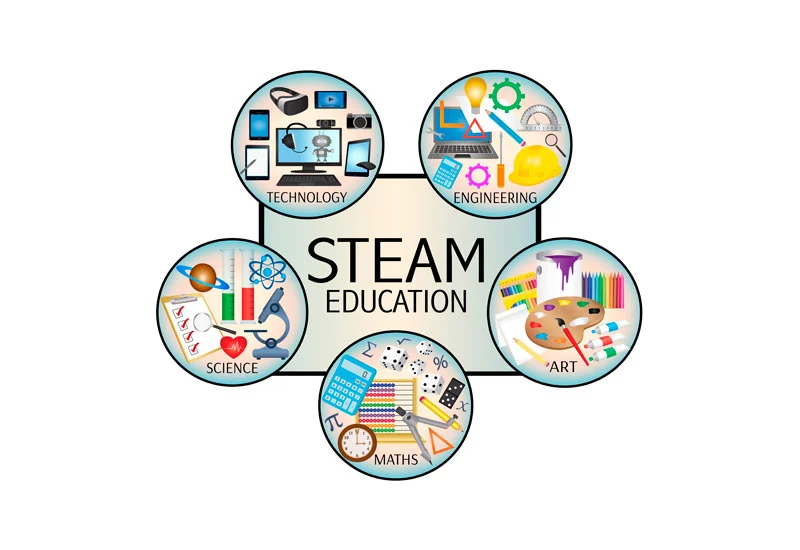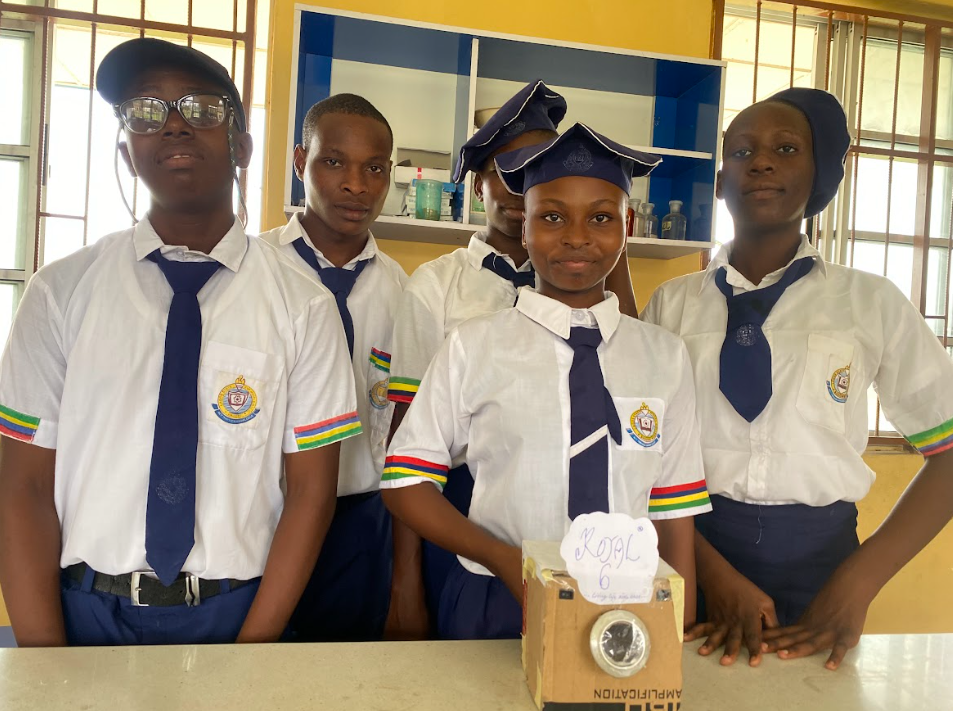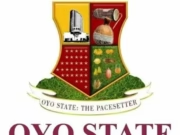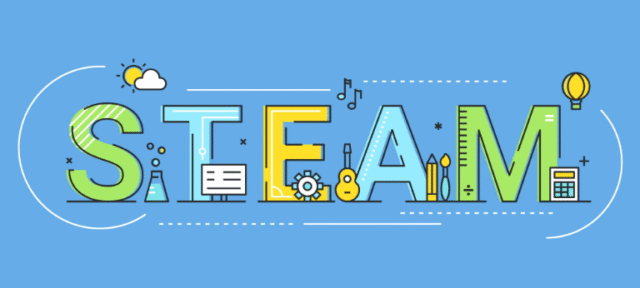As Nigeria strides into an era defined by technology and creativity, STEAM Education (Science, Technology, Engineering, Arts, and Mathematics) is rapidly emerging as the linchpin of this transformation. From Abuja to Ilorin, initiatives are mounting to integrate STEAM into curricula, empower students, and position Nigeria at the vanguard of global innovation.
Table of Contents

From Pilot to Policy: Turning Vision into Education Reform
Nigeria launched its STEAM initiative in 2023 across six pilot states—Adamawa, Ebonyi, Nasarawa, Ondo, Rivers, and Sokoto—with 222 specially trained teachers. Although private schools adopted it quickly, public schools lagged due to limited support. Experts, including Prof. Emerita Nwaorgu, chair of the implementation team, are now urging the Federal Government to embed STEAM Education across pre-primary, primary, and secondary schools nationwide.
Economics Meets Education: Why STEAM Matters for Growth
For economists and educators alike, STEAM Education is more than pedagogy—it’s infrastructure for the economic future. Integrating creative arts with technical disciplines cultivates critical thinking and innovation, essential for addressing Nigeria’s development challenges. Analysts argue that nations embracing STEAM curricula consistently outperform peers in workforce adaptability and GDP growth.
Building Foundations: Teacher Training and Curricular Tools
The Universal Basic Education Commission (UBEC) is spearheading the development of STEAM teaching modules tailored for basic-education teachers. This includes training on design thinking, digital arts, robotics, and interdisciplinary lesson delivery, bridging subject silos and fostering hands-on learning environments. Meanwhile, the federal plan includes re-equipping 10,000 schools per year over the next decade—bringing modern labs and e‑learning platforms into classrooms nationwide.
Innovation in Action: Student-Led Projects of the Future
Nigeria’s young innovators are already showcasing the promise of STEAM Education. At the Whistles Children’s School STEAM exhibition in March 2025, Year 3–5 pupils presented AI car models, delivery robots, smart glasses, and air vacuum systems—demonstrating real-world application of interdisciplinary thinking. Educators praised the early cognitive empowerment being nurtured through such experiences.
Festivals, Partnerships & EdTech: Expanding Access Beyond the Classroom
In Ilorin, IHS Nigeria partnered with Kwara State Government and STEAM UP Kwara to bring Africa’s largest children’s STEM festival to the region. The STEM Africa Fest in July 2025 featured hands-on robotics, drone demos, AI workshops, coding and design sessions—touchpoints reinforcing STEAM Education in a vibrant public setting.
On the digital front, the 3 Million Technical Talent (3MTT) initiative aims by 2027 to train three million Nigerians in AI, machine learning, cloud computing, cybersecurity and more. This national program entwines with STEAM principles, equipping youths and mid-career adults alike with skills to thrive in the Fourth Industrial Revolution.
Additionally, emerging partnerships—like “GameClass”, bringing video-game-based learning to 200 schools—demonstrate how gamified STEAM Education is reaching underserved communities across the continent.

Public‑Private Models: STEAM UP Nigeria Pioneering AI & Semiconductor Ecosystem
The STEAM UP Nigeria initiative represents a strategic public-private collaboration set to shape West Africa’s AI and advanced manufacturing capabilities. This ecosystem includes makerspaces, industry-aligned AI apprenticeships, and semiconductor talent pipelines, all powered by partnerships between government, tech hyperscalers, and academic actors. The aim: to go beyond theory and convert STEAM Education into economic empowerment and global competitiveness.
Addressing Challenges: Infrastructure, Teacher Capacity, and Equity
Despite strong momentum, Nigeria faces real hurdles. Unreliable electricity and internet infrastructure create uneven implementation. Furthermore, many teachers lack interdisciplinary training, an essential bridge in authentic STEAM Education delivery.
Experts also highlight STEM’s historical marginalisation of the arts, making full STEAM integration challenging in traditional systems. Inclusive policies—recruiting more female students, retaining talent, and broadening access—are critical to equity and scale.
Early Wins & Inclusive Impact: Case Studies
In Lagos, the Women’s Technology Empowerment Centre (W.TEC) continues to deliver STEAM Education programs focused on girls and underserved youth. From after-school coding classes to electronics training, W.TEC is driving gender inclusion in technology education—with tangible impact in 2024 and 2025.
Meanwhile, Covenant University recently received IT equipment donations from Cisco and Interswitch to support its Cisco Networking Academy, further advancing STEAM Education in tertiary settings and nurturing cybersecurity, networking, and programming skills among students.

Comparison: What Nigeria Can Learn from Global Precedents
Countries like Finland and South Korea have long integrated interdisciplinary, student-centred STEAM curricula. The result: resilient economies powered by innovation, creativity, and scientific excellence. Nigeria’s roadmap now mirrors these global best practices—emphasising design thinking, hands-on labs, and early exposure to computational concepts.
Looking Ahead: Sustaining Momentum Through 2030 and Beyond
The future of STEAM Education in Nigeria will hinge on sustained coordination across government, academia, and the private sector. Key success factors include:
- Scaling pilot programs to all 36 states and FCT.
- Curriculum institutionalisation, embedding STEAM into the national education strategy.
- Long-term teacher development and hiring STEAM-savvy educators.
- Infrastructure investment, ensuring consistent power, internet, and facilities.
- Equity programs targeting girls, rural learners, and marginalised groups.
- Economic linkage, translating STEAM skills into tech startups, AI apprenticeships, and manufacturing jobs.
Conclusion
Nigeria is at a pivotal moment. With strategic leadership, public-private partnerships, and inclusive policy frameworks, STEAM Education has the potential to transform not just classrooms but communities, industries, and the nation’s position in the global economy. By embedding creative thinking into scientific learning, Nigeria can unlock a generation of problem-solvers, innovators, and entrepreneurs ready to shape a 21st-century “African century” driven by technology and design.
The future of STEAM Education in Nigeria—and its ripple effects across Africa—is not just promising; it’s already underway.
Join Our Social Media Channels:
WhatsApp: NaijaEyes
Facebook: NaijaEyes
Twitter: NaijaEyes
Instagram: NaijaEyes
TikTok: NaijaEyes
READ THE LATEST EDUCATION NEWS








































